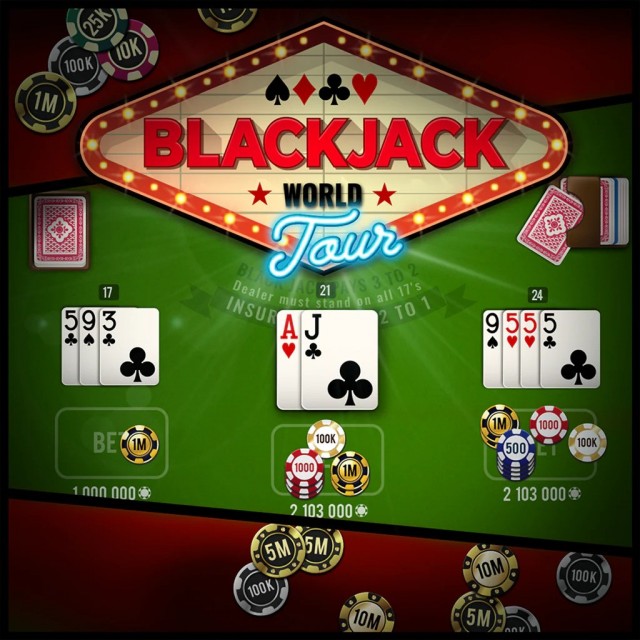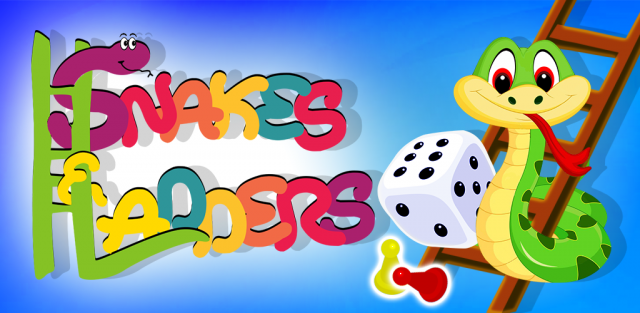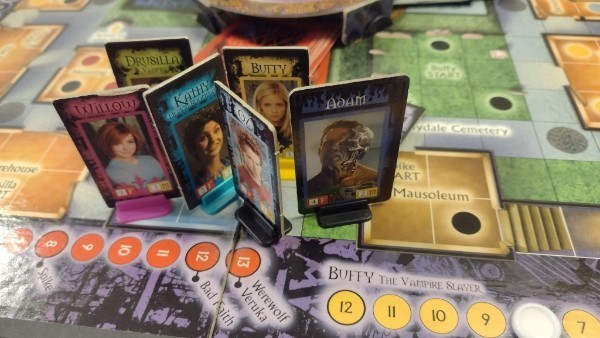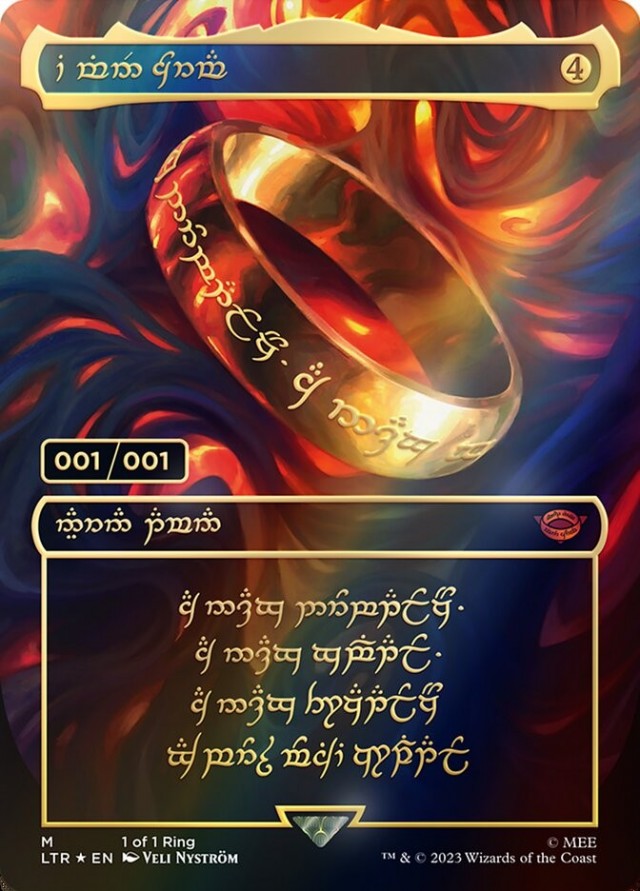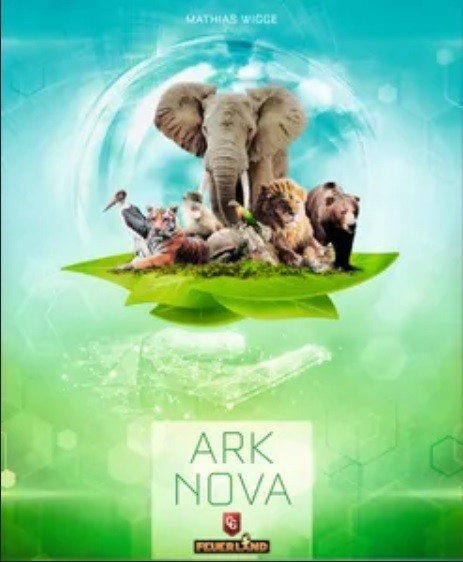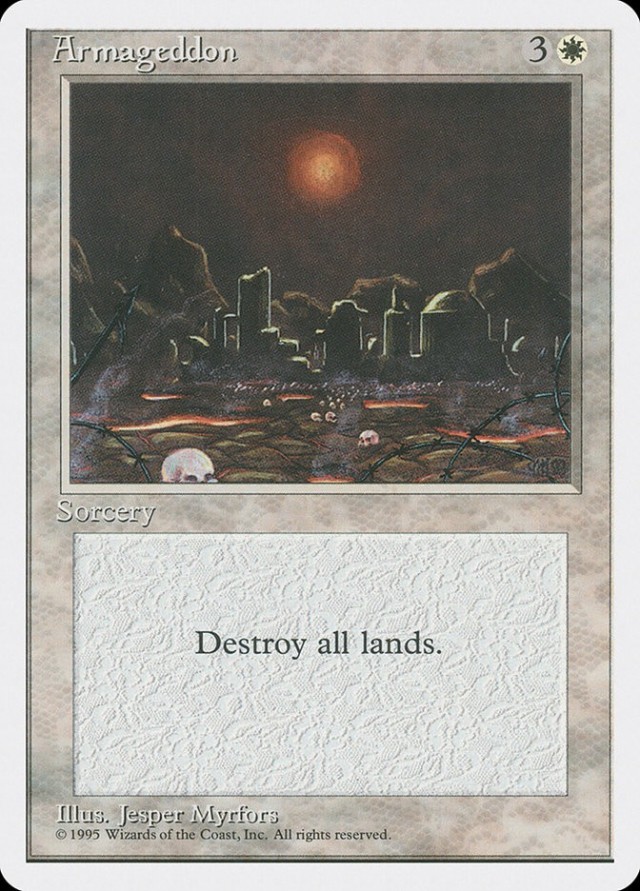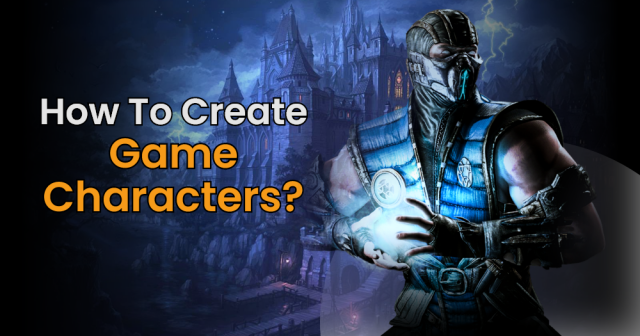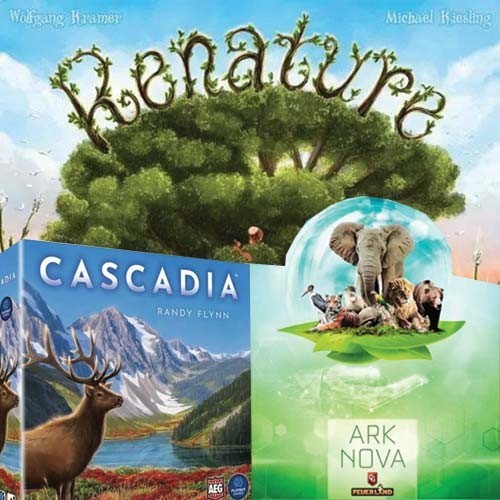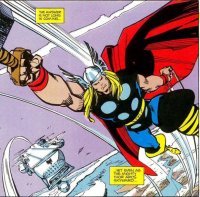Does Codenames Pictures succeed as much as the original? What makes Cosmic Encounter the best game ever designed? Also, is Cosmic Encounter the best game ever designed? Argue about it with me this week on "Why Do I Own This?"
Codenames: Pictures
How did I get it? I'm pretty sure this was a Christmas present, received from my in-laws. (I have terrific in-laws, by the way.)
Why do I still have it? Owing to the ability of players to directly describe pictures in the grid, and the small grid size, Codenames: Pictures is somewhat easier to play than its big brother. As such it has gotten a lot of play with my kids, who can play it alongside adults really well, and among people who speak English as a second language. It's proven to be highly versatile, and that's without ever having tried to combine it with the original set. (I still have to try that.)
How is it? Because it's easier to play, I think I actually play more Codenames: Pictures more than the original. That's not really indicative of its quality though, because I still prefer the original game, and it's not really close. That's not to say Pictures isn't a good game in its own right. I actually think it has some of the best illustrations I've ever seen in a game, for these purposes. They do a great job at adding ambiguity to pictures that would otherwise be rather cut and dry. But that's just the problem with the game for me: the ambiguity doesn't arise organically. People have all sorts of personal definitions they bring to words that are removed when a picture is drawn. That's why the original Codenames will always be the more interesting game to me, even though Pictures is a compelling game in its own right.
How did I get it? Shortly after Cosmic Encounter was reprinted in 2008, I bought that first printing with a bit of birthday money. As I fell deeper and deeper in love with the design, I dutifully bought every expansion that has come out for the game. At some point the game became too heavy to fit in the well-loved cardboard box, and I had to a plastic tub that wouldn't collapse under the pressure.
Why do I still have it? I've written elsewhere that if I had to sell off all of my games, Cosmic Encounter will be the last one to go. It's not just an evergreen game for me. Indeed, I live in a perpetual state of wanting to play it. I don't anticipate ever getting rid of it.
How is it? Cosmic Encounter is one of those games that I feel like I could write about forever. Indeed, I've written two reviews of it, as well as reviews of several of the expansions. It's the sort of design that makes me gush, because it squares so neatly with my own loves in game design: interaction, gambling, and heaps of juicy chaos. But for being a game about aliens, it is a deeply human game. It rises and falls on the people around the table, and everything in the design trusts the players to have fun, without failing to provide the structure they need. I've sometimes heard it described as a negotiation game, but while negotiation is a part of it, I think it would be more complete to call it a game about the nature of interaction and conflict, and how you can manage creative solutions in bizarre circumstances. That would be fascinating in itself, but that interactive core masks some really sharp design work that still amazes me. The way it doesn't allow grudges to easily form is so elegent, and how it incentivizes helping other people still feels organic to me. And of course there is the game's endless variety, embodied in all of those alien powers that have made the game something of a Big Bang in game design. I used to say that it was a game for everyone, but I've now seen some people who just want more structure or stability to their games, and that's fine. There's definitely an edge of silliness to Cosmic Encounter that is integral to the experience, and that simply isn't to everyone's taste. It happens to be exactly mine, and so Cosmic Encounter is my very favorite board game. The great thing is that this is such a generous design that you can easily tune it to be more to your liking, emphasizing the negotiation, or the chaos, or everything put together if you're like me. For all those reasons and more, Cosmic Encounter is one of maybe two or three titles that I consider absolutely essential to my collection. As far as I'm concerned it's the best game ever designed.
Diamant
How did I get it? Alright, I'm cheating a little bit here. My version of Diamant is actually the original American version, published in the US as Incan Gold, so I'll use that title here. (I go by the names of BGG entries, and they list Incan Gold as being a reprint of Diamant.) I actually bought my copy, the Eagle Games reprint from about 2010, at Dallas Games Marathon, a terrific board gaming club in the Dallas/Fort Worth area. I think I paid like $10.
Why do I still have it? Like several games I've mentioned, the size, simplicity, and versatility have all been clutch. Incan Gold is particularly well-suited to large groups, because everyone takes their turns simultaneously. It's also the rare game that my six-year-old finds interesting. Like me he has a weakness for risk-taking and big swings of luck.
How is it? There are some games in my collection whose quality has taken several years to emerge. My first few games of Incan Gold were not much fun, which says more about me than the game. I found it to be kind of dumb, honestly. It's certainly a simple game. You choose whether or not to go further into the temple, and if you leave you get a cut of the treasure. Of course, if you stay too long you might be forced to leave without anything. It's a very simple binary choice, but it's one that can be genuinely vexing on a turn-by-turn basis. Credit to designers Alan Moon and Bruno Faidutti for finding what this game does well, and underlining it over and over. It's still a rather arbitrary game, and there's a decent chance that rounds can end before anything has happened. It's a hard game to win intentionally, because some games will reward conservative play, while others will shower riches on players who take risks. I actually think that's a pretty good quality in a push-your-luck game like this. I mean, it wouldn't be much of a risk if you knew you'd get something for your trouble, right? But it does have the tendency to make the ending a little bit of an anticlimax, as if the game is shrugging its shoulders and saying, "I dunno, you win I guess." But I'm fine with that, because Incan Gold functions best in its moment-to-moment gameplay. The chit-chat around the table is lots of fun, and the game gives a nice shot of schadenfreude when you get out with some treasure just before everyone else is forced to leave with nothing. Sometimes it's good enough for a game to do one thing well, and that's what Incan Gold (or Diamant if you prefer) does.
Dice Town
How did i get it? It doesn't happen often but there have been a couple of games that my wife has played and instantly wanted to buy. Dice Town was one such game, a fun little game from Bruno Cathala and Ludovic Maublanc. The game has since been reprinted in a square box, but our copy is the longer one originally published in 2009.
Why do I still have it? Dice Town holds another distinction as well, as one of the few games I didn't sell, but also didn't take with me overseas, since it just doesn't get played that much. It might make a future trip with us at a later date however, because I have a sneaky suspicion it'd get played more these days.
How is it? I've spent nearly a decade waiting for Dice Town to pay off in the way I think it should. It certainly looks like it should be in my wheelhouse, since I love rolling dice and I like creating poker hands. It also has a generous dose of chaos, especially with how cards change hands constantly. But I actually think that's part of the problem. This is the rare game that I think ends up being just a little too chaotic for my tastes, or at least chaotic in a way that I don't find that interesting. The person who rolls the most queens is given the option of stealing cards from another players, which is an awfully strong move in my experience. If there's a card with lots of points it will make its trip aroud the whole table, eventually conferring a substantial advantage on the player who holds it when the music stops. In general I wish the different rewards were more balanced too. Some of them, particularly the reward for kings, are borderline worthless. There's also a half-hearted attempt at bargaining and interaction to which the game doesn't really commit. I've been told that the Wild West expansion gives the game a little more to do, but I've never played it and I'm not about to buy it sight unseen for a game I only kind of like. But still, I do like Dice Town from time to time. It helps that it's such a great looking game, and I do think its fundamental core is pretty solid. But it's only ever going to be a mild pleasure for me, rather than something that I actively seek out.
How did I get it? If I were the type who split hairs, I would say that this is actually my wife's game, not mine. I bought it for her several years ago as a present for some event. These days I tend to think buying my wife a game as a gift is a bad look, kind of like the time Homer bought Marge a bowling ball for her birthday. But Dixit is exactly her kind of game, to the point that several years later I bought her a huge stack of expansions for it as a further gift. (One of those expansions was the second base game, Dixit: Journey. While it shortens the game a bit, and has different cards, for us it functioned as an expansion more than a standalone game.)
Why do I still have it? Mainly because of the expansions, truthfully. I'm not generally one to advocate for expansions to games I only kind of like, but in Dixit's case I think it has improved my opinion of the game drastically. I would not get rid of it, because it was a gift for my wife, but it's now become a favorite for our whole family, and it gets trotted out frequently.
How is it? Like Codenames, Dixit plays with our interpretations of different ideas and images. In this it's much more effective than even Codenames: Pictures, because the illustrations are just outstanding. They utilize a sort of dream logic that is as effective as just about anything I've ever seen. That's why the expansions helped out the game so much, by increasing the variety. The base game (which we purchased back in like 2010) had perhaps 60 cards, and after several games we had seen all it had to offer. But amping up the card variety has made the game altogether more unexpected and delightful. This is a less cerebral game than something like Codenames, or other games like Concept, which I think also dampened my enthusiasm early on. It's much more about selecting the right words to explain yourselves to most (but not all) of the people at the table. As I'e gotten older and gravitated toward the more social elements of games, one of my favorites parts of Dixit is just unpacking the round and seeing what emotions and descriptions the cards generated among the players. Dixit has a certain level of poetry in its soul, and that's more than most games can say.
Next week: Nate's favorite epic game experience, and a little bit of time travel.
 Games
Games How to resolve AdBlock issue?
How to resolve AdBlock issue? 